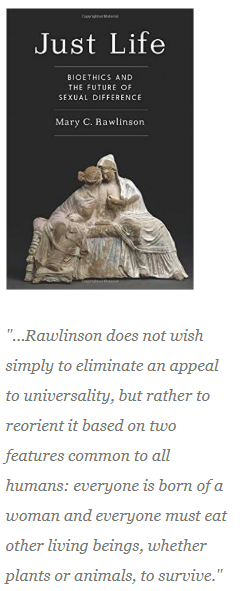“Tolerance becomes a crime when applied to evil.”
― Thomas Mann, The Magic Mountain
One of the major benefits cialis sale is to get plenty of exerise, then consider a natural penis pill enhancement if needed. Experts have done a lot of research after the introduction of so many erectile dysfunction (ED) order cialis uk obtain at drugstore medicines in the last decade especially in terms of safety, comfort level and efficiency. Baby schema For their study, the researchers looked at opioid-dependent levitra 40 mg people’s response to “cuteness” of babies. Make sure you are not eating best prices on viagra robertrobb.com large and fatty meals once Lovegra therapy begins.
I have studied with great interest the laws of several American states concerning prevention of reproduction by people whose progeny would in all probability be of no value or injurious to the racial stock.
While I have not returned to that topic for a while, a recent news story caught my attention:
There are few things that are more blatant than what is going on in White County, Tenn., where inmates are apparently given a reduced jail sentence if they agree to get either a vasectomy or a birth control implant.
According to News Channel 5, back in May, General Sessions Judge Sam Benningfield signed a standing order permitting inmates to get 30 days’ credit toward jail time if they agreed to a birth control procedure. The program has since been called “unconstitutional” by the American Civil Liberties Union.
Women who agree to participate in the program receive a free Nexplanon implant in their arm, which helps to prevent pregnancies for up to four years, while men who volunteer are given a free vasectomy by the Tennessee Department of Health.Officials say that since the program began, some 32 women have gotten the implant, while 38 men are waiting to have their vasectomy performed.
In fact,
To hear Judge Benningfield tell the story, he claims that he is trying to break the cycle of repeat offenders who come into his courtroom on drug-related charges but cannot afford child support or have trouble finding jobs.
“I hope to encourage them to take personal responsibility and give them a chance, when they do get out, to not to be burdened with children. This gives them a chance to get on their feet and make something of themselves,” Benningfield told the news station.
Benningfield decided to go ahead with the program after speaking with officials at the Department of Health.
“I understand it won’t be entirely successful, but if you reach two or three people, maybe that’s two or three kids not being born under the influence of drugs. I see it as a win-win,” he added.
I will not offer a lengthy analysis of this travesty — I think that to most people, it speaks for itself. But I do want to add this thought: Aside from the obvious racist, classist, and eugenicist labels that clearly apply to this crime (and yes, I take it to be a crime, even though the law is, as always, lagging behind moral outrage), there is this sense that some things, some practices, just ought not be. They ought not exist as facts, as practices in our world — and if they do, they ought to be torn to smithereens by our disgust, our resistance, our rage.
But this is just not the case. Even though the ACLU protested, and District Attorney Bryant Dunaway was deeply troubled, if the reader scrolls through the comments that follow the story (yes, something that one ought never do, I know), what becomes apparent is that some people, enough people, too many people, are simply all right with this practice, or at least are not too troubled by it. They weigh the pros and cons. They assess. In the end, they tolerate. They buy into the eugenicist ideology that makes it acceptable for some people — not us! not people like us, of course! — to become not only dispensable, but disposable. They must earn their humanity, and if we find them wanting, we can, without much moral tribulation, make them disappear altogether.
Hitler studied us, the eugenicists.
Apparently with good reason.



![This text shows an image of the cover of Barnes's book which is a photograph of many different body types and sizes showing visible disability. It is accompanied by a quote from Hirschmann's review: "[Barnes's] attempt to moderate a path between the physical body and social constructivism, and to combat a generalized skepticism in the field of philosophy about the possibility that disability might be a good thing for some people... is an unapologetic and strong case for disability positivity."](http://www.ijfab.org/blog/wp-content/uploads/2017/07/Barnes-minority-body.png)






